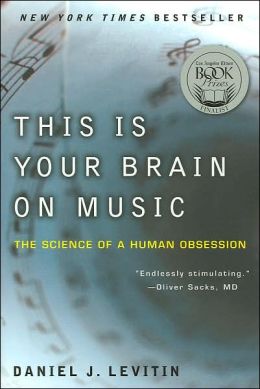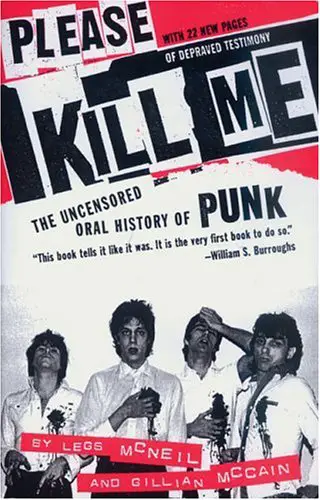
5 Famous Musicals Based on Books
When an upgraded “Les Miserables” opened this month, earning accolades from Sunshine Coast Daily, the show became the longest-running musical in the world and one of history’s most successful book-to-musical adaptations. It seems fitting that Victor Hugo’s 1862 novel should inspire a musical of equal note. “Les Miserables” serves to illustrate how great musicals often follow in the footsteps of great books. Here are a few other examples:
West Side Story
Shakespeare’s “Romeo and Juliet,” ranks alongside “Hamlet” as one of history’s most popular plays. It also inspired “West Side Story,” which ranks second on the American Film Institute’s list of greatest movie musicals (behind “Singin’ in the Rain,” which was inspired by a song catalog rather than a book). The film moves Shakespeare’s story from Renaissance Italy to 1950s New York City, and it recasts Romeo as a former gang member and Juliet as the sister of a rival gang’s leader.
Shakespeare’s story succeeds as a musical because it embodies perennial tensions and tragedies that easily transplant to a modern setting. The sympathetic plight of lovers that is frustrated by circumstances beyond their control speaks to audiences of every generation.
The Wizard of Oz
“The Wizard of Oz” ranks next on the AFI’s best musical list. The film leveraged the success of L. Frank Baum’s 1900 novel, which remained on the bestseller list for its first two years. The publisher, George M. Hill Company, only agreed to publish the book after the Chicago Grand Opera House agreed to do a musical adaptation, so a stage play immediately followed in 1902.
To attract adult audiences, the play added music, spectacle and humor. This formula proved so successful that the play moved to Broadway in 1903 and spawned a film adaptation in 1908, the first of nine preceding the famous 1939 film. By 1939, the book had sold 1 million copies, and by 1956, it reached 3 million even before annual TV showings brought Baum’s story to new audiences. The imaginative power of Baum’s vision translated perfectly to the stage and screen.
The Phantom of the Opera
Today’s longest-running Broadway play is “The Phantom of the Opera,” according to Telecharge. Originally released by Gaston Leroux as a newspaper serial in 1909 before turning it into a novel, the story was unsuccessful until a 1925 silent film starring the legendary Lon Chaney brought the book’s inherent visual power to life.
Chaney’s version emphasized the phantom’s horrific face, minimizing a sympathetic streak that characterized the novel. The 1986 Broadway play restored this pathos to highlight a romantic theme. Coupled with Andrew Lloyd Webber’s musical brilliance, this romanticization proved to be a smash hit.
The Sound of Music
Ranking fourth on AFI’s best musicals list is “The Sound of Music,” based on Maria von Trapp’s true story of her family’s escape from Nazi-occupied Austria. The story’s musical setting encouraged adaptation, spawning a pair of West German films in 1956 and 1958 and then a 1959 Rodgers and Hammerstein Broadway musical. The musical inspired the famous 1965 Julie Andrews film, which temporarily surpassed “Gone with the Wind” as the highest-grossing film of all time. It now ranks third behind “Star Wars,” according to Box Office Mojo.
The musical and film versions made the protagonist’s relationship more romantic than Trapp’s original story. It also added intrigue and many musical numbers. This combination of romance, drama and song transformed von Trapp’s story into a smash hit.
Mary Poppins
Julie Andrews also starred in AFI’s sixth-ranking musical: Disney’s 1964 adaptation of P.L. Travers’ “Mary Poppins.” The book’s adaptation has become a tale in its own right and was featured in the 2013 film “Saving Mr. Banks.” By 1938 the Poppins book series had grown popular enough to attract Disney’s attention. Travers feared Disney’s cartoon style would not do her work justice, and held out on granting Disney film rights until 1961.
As Travers feared, Disney shifted the focus from magic to fantasy, added animated sequences, made Mary Poppins’ character more likable and used original songs rather than the period pieces the author would have preferred. Nonetheless, Disney’s instinct for developing the book’s fantastic elements produced a blockbuster hit, which won five Oscars and became the highest-grossing film of 1965.



